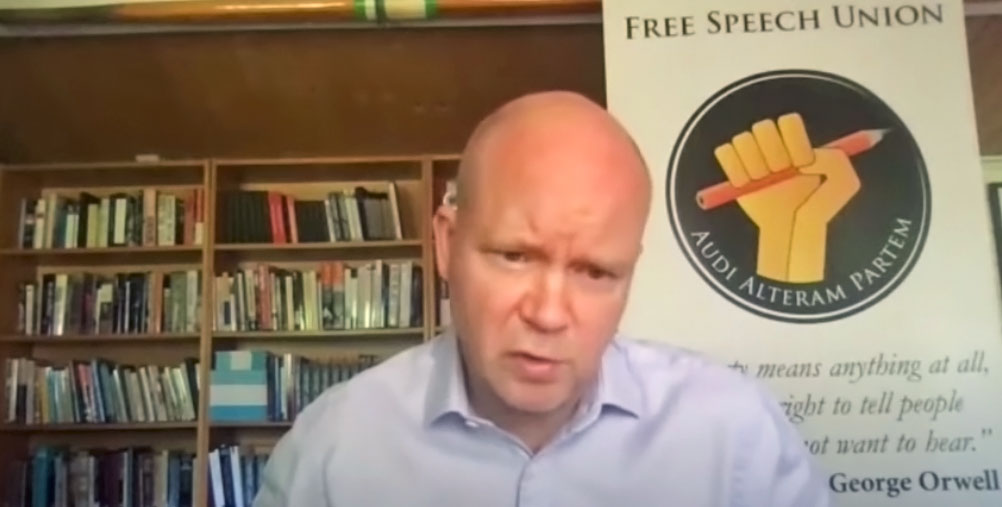It seems that states and corporations are coalescing around the idea that, in order to censor someone, turning off their revenue is the place to start.
This week, PayPal cancelled the accounts of the Free Speech Union as well as the “lockdown sceptic” blog, The Daily Sceptic, both run by journalist and political commentator Toby Young. The financial service did not give notice of the specific violation(s) of their “Acceptable Use Policy” that allegedly caused them to cancel the accounts in question. The fact that all of these accounts were targeted in one fell swoop seems to show that PayPal designated these groups and the people behind them as non grata, because of some unidentified political transgression.
You really don’t need to be a fan of any of these groups to see how risky this flex of digital power is. Regardless of anyone’s views of these organisations, a major corporation like PayPal’s refusal to serve people and organisations associated with certain political causes is deeply concerning and dangerous for all of us who value the right to freedom of expression.
The digitalisation of our speech has resulted in a small number of social media companies holding the keys to the modern public square. This has meant that the digitalisation of our financial transactions results in a number of centralised corporations having control over some of the core means by which we exchange capital. Consequently, a vast amount of power is placed in the hands of those corporations as well as governments who may lean on them to act in a way that is beneficial to state interests. The threat that these powers may exercise the levers of financial censorship to completely cut off and shut up groups, organisations, and people, is real.
This is a tactic on the rise. In 2010, publishers at WikiLeaks found themselves subject to the same treatment by PayPal which, alongside other major corporations, exercised an extra-judicial financial blockade against the organisation. Earlier this year, Canadian Prime Minister Justin Trudeau froze the bank accounts of Canadian truckers who had protested against state-imposed vaccine mandates in a ruthless attempt to put down the movement. And in the time between, a wave of campaigners and journalists have had the financial rug pulled from under their feet for expressing their entirely lawful, albeit non-conformist, political views. Now, we can add the Daily Sceptic and the FSU to this ever-expanding list.
There is a good reason why some civil liberties campaigners are concerned about the slow march towards a cashless society. There could be no better way to surveil someone than by observing how they spend and receive money. States are already exploring a further centralisation of the financial system through the concept of officially designated central bank digital currencies. We should watch this with caution.
Big Tech executives hope that we won’t push back against their actions. If they chip away at groups and people at the fringes of popular debate, they hope nobody will oppose the political pruning that serves to keep their reputation intact. That’s because there is too little reputational damage caused now for corporate acts of censorship. We ought to remember that our reach for liberty is always curbed at the fringes. To anyone who believes in the right to freedom of speech, it is time to draw a line in the sand and say: no more.











Join the discussion
Join like minded readers that support our journalism by becoming a paid subscriber
To join the discussion in the comments, become a paid subscriber.
Join like minded readers that support our journalism, read unlimited articles and enjoy other subscriber-only benefits.
Subscribe